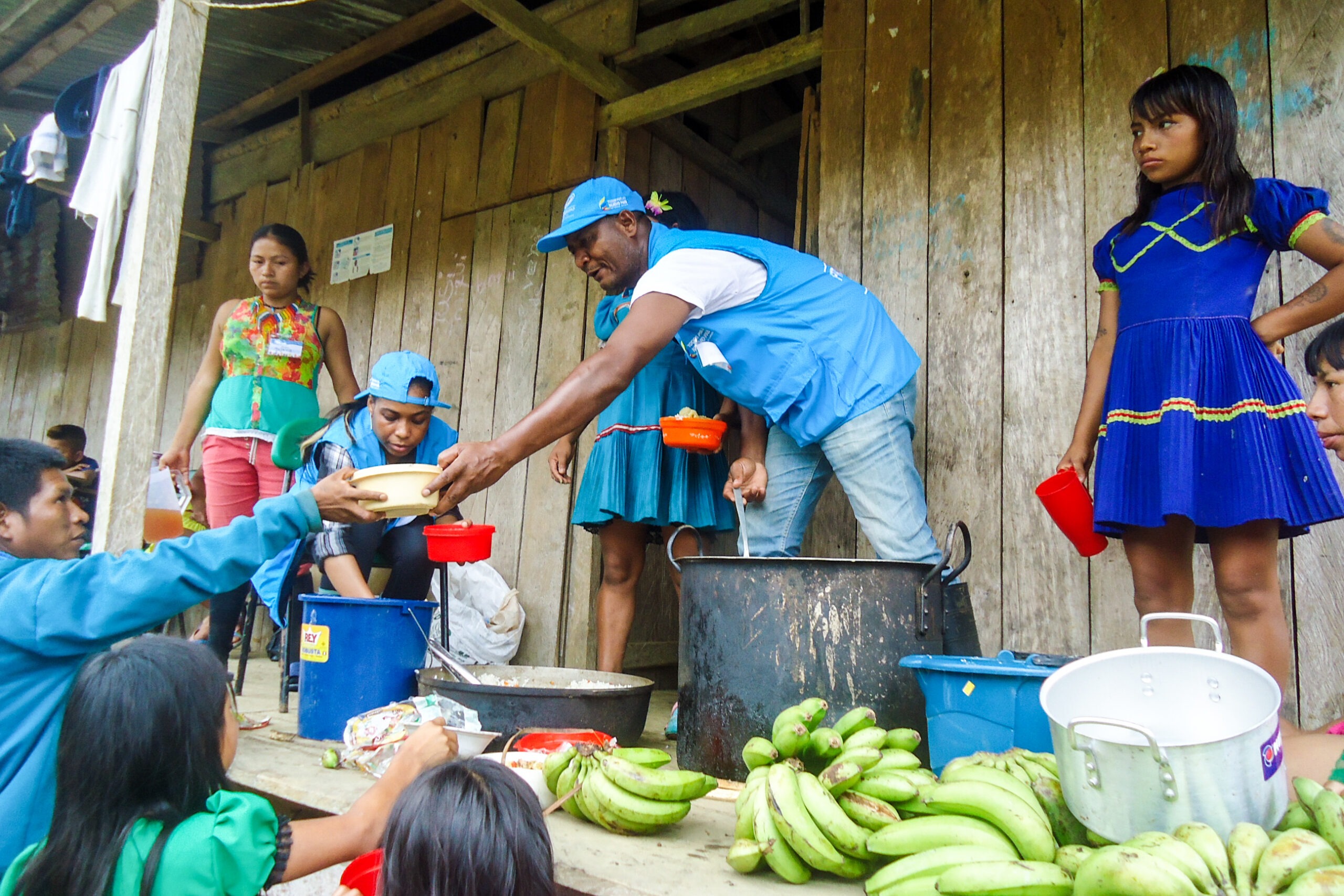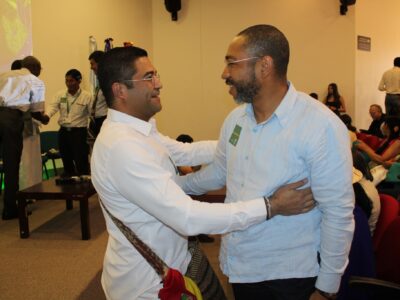
When a complex, high-profile issue creates bold headlines and causes marching in the streets, I believe the problem cannot be generalized, and that solutions require digging into the issue to discover nuanced responses to an otherwise intractable problem. The hot button issue du jour is the migrant crisis in Central America, particularly migration into the United States across the U.S.-Mexico border.
In June, Joe Biden wrote in the Washington Post about the lessons learned from the last U.S. migration crisis. The country’s last migration crisis was in 2014, when 68,000 unaccompanied children from Central America crossed the border. Biden was vice president at the time. He met with Central American leaders in Guatemala to chart a plan and to make it clear that undocumented migration was dangerous and offered little hope of legal migration or citizenship.
A good doctor identifies and treats the disease rather than just the symptoms, right? It quickly became evident that stronger enforcement alone would not work. Biden wrote, “Instead, we needed to tackle the drivers of migration: crime, violence, corruption, and lack of opportunity. We knew the cost of investing in a secure and prosperous Central America was modest compared with the cost of allowing violence and poverty to fester.” This is the nuanced response that I believe has the best chance of success today.
Following intense negotiations between the U.S. and the Central American leaders, the U.S. Congress budgeted $750 million in 2016 to address the core problems. This aid was tied to concrete commitments by local governments to clean up their police force, increase tax collection, fight corruption, and create economic opportunities to convince would-be migrants to stay put. And what happened? In Honduras, the murder rate dropped by a third. Guatemala improved its tax collection and renewed a United Nations-backed anti-corruption commission. El Salvador aggressively targeted financial reforms at the networks of transnational crime organizations.
Additionally, international organizations are boosting their support to address the crisis. In Honduras, ACDI/VOCA is implementing the Transforming Market Systems activity, funded by USAID, to ensure economic opportunities for women, youth, ethnic minorities, people with disabilities, the poor, and other groups who are often excluded — or even exploited — and vulnerable to migration. In Colombia, ACDI/VOCA is working with the government and private sector to support the reconciliation process following the 2016 peace deal between the government and Revolutionary Armed Forces of Colombia and the rebuilding of markets and economic inclusion.
In 2017, the U.S. Congress pushed back against the Trump administration efforts to slash aid to Latin American and the Caribbean. But the budget still dropped 20 percent to $615 million. The examples cited here and others, like the $10 billion security aid package known as Peace Colombia, make a good case for a multi-pronged approach to the current migrant crisis. We need to continue negotiated support to Central American countries to help them achieve prosperity and security for those susceptible to migration.
Comments







